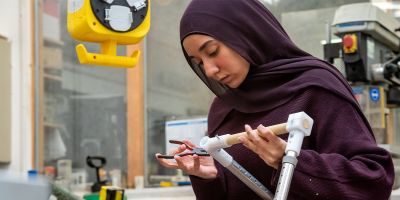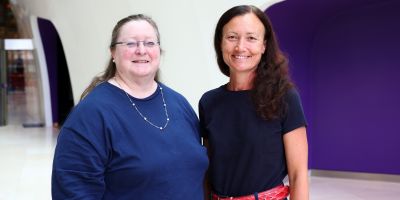Dr Camargo-Valero appointed member of the Water Quality and Health Technical Advisory Group (WQTAG)
Congratulations to Dr Miller Alonso Camargo-Valero who has been appointed as a member of the Water Quality and Health Technical Advisory Group by the World Health Organisation Secretariat.
The WHO Secretariat has recently established the WQTAG expert group that will act as an advisory body on matters of gathering and reviewing the evidence on water quality and health. The WQTAG supersedes the former Drinking-Water Quality Committee (DWQC) and expands the scope of the former group to additionally cover wastewater and recreational water. A primary function of the WQTAG is to help achieve harmonised water quality management guidelines for drinking water, recreational water environments and safe use of wastewater, excreta and greywater in Agriculture and Aquaculture, and to support the development of derivative publications.
Dr Camargo-Valero is an independent researcher focusing on the provision of appropriate technologies for water supply, wastewater treatment, faecal sludge management and the recovery of valuable resources from low-grade waste including nutrients, high-value chemicals, bioenergy and wastewater reuse. His research group uses innovative approaches to deliver engineering solutions to global challenges such as water, food and energy security, and comprises Postgraduate Researchers from the UK, USA, Nigeria, Indonesia, Malaysia, Mexico, Colombia, Turkey, Uganda and Iraq.
Wastewater reuse in agriculture is a common practice with nearly 20 million ha of land irrigated around the world (1.3m ha in China, only). By 2025, it is expected that 3.5 billion people (48% of the projected population) will reside in river basins considered to be water stressed and the use of wastewater in agriculture will become an even more common practice as food demand is also expected to keep rising in line with global population and economic growth.
“Wastewater contains valuable substances like nitrogen and phosphorus, which are essential to support plant growth and food production; however, it also contains pollutants which may pose potential health risks to farmers and consumers” explains Dr Camargo-Valero. “At Leeds, we have a vast experience in assessing potential pathogen risks from the consumption of crops irrigated with wastewater and such credentials gave me the opportunity to join the WHO as an advisor, and to continue making contributions in this field”
This appointment is for a period of four years (2015-2019) and Dr Camargo-Valero will contribute to the development of water quality guidelines, particularly on the Microbial, Protection and Control aspects related to wastewater reuse.




